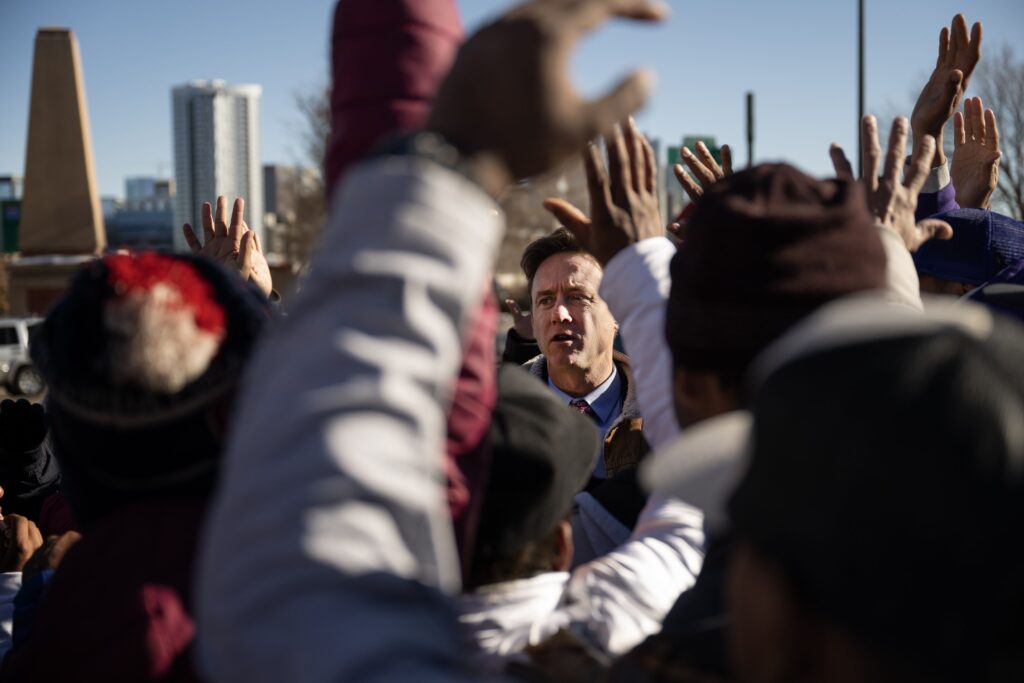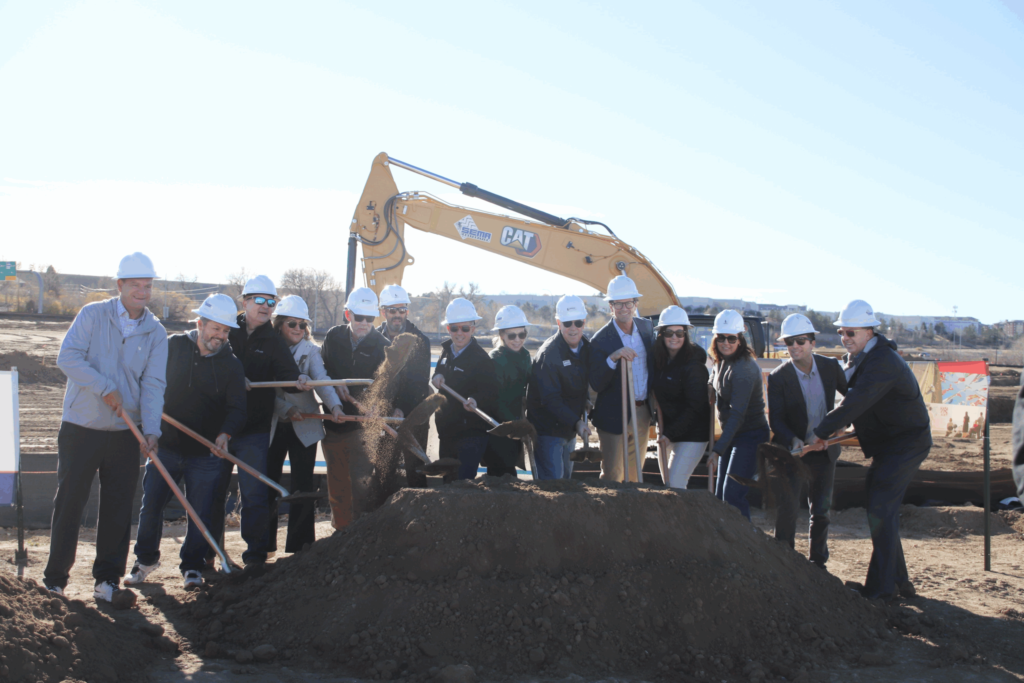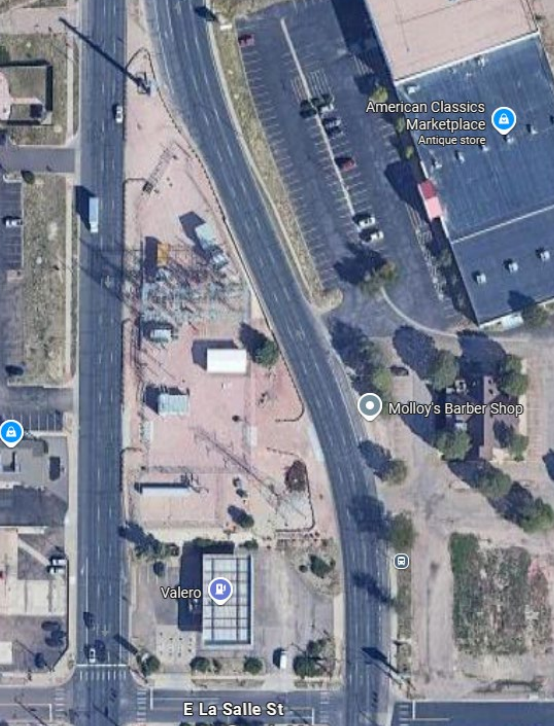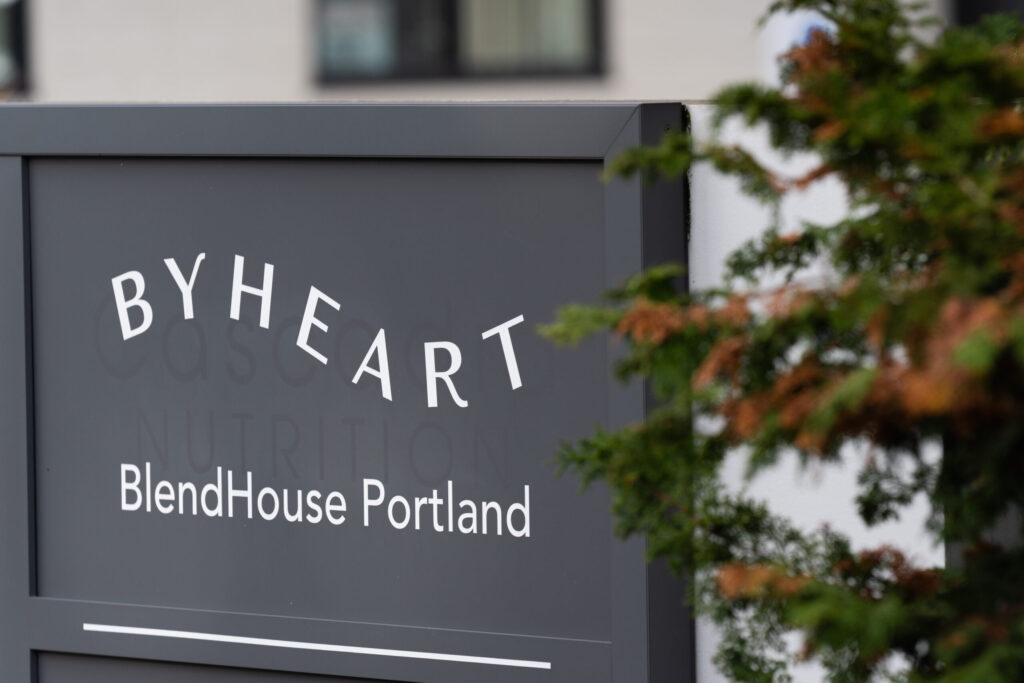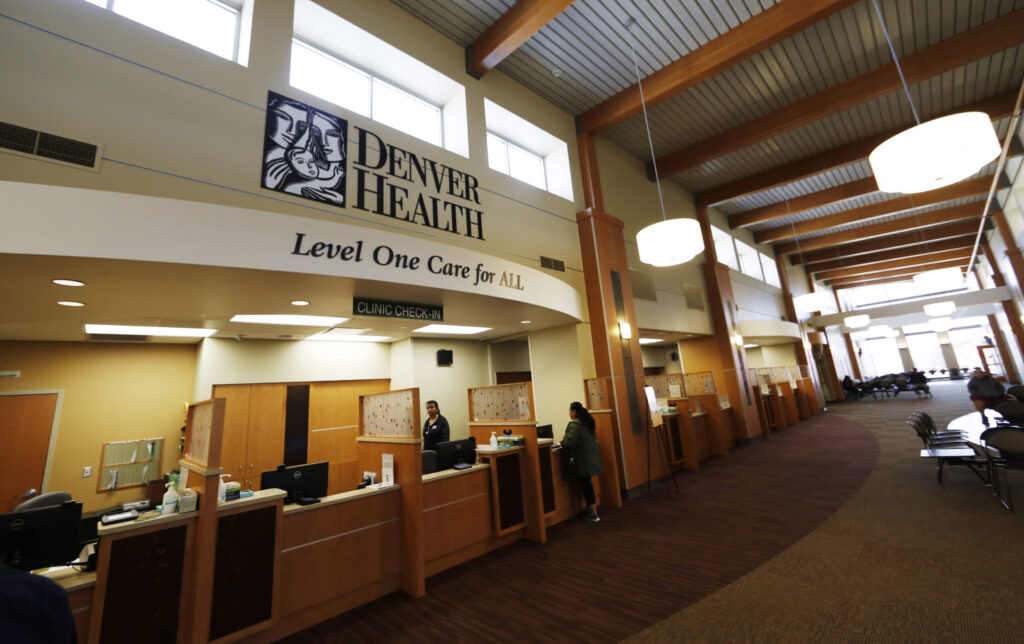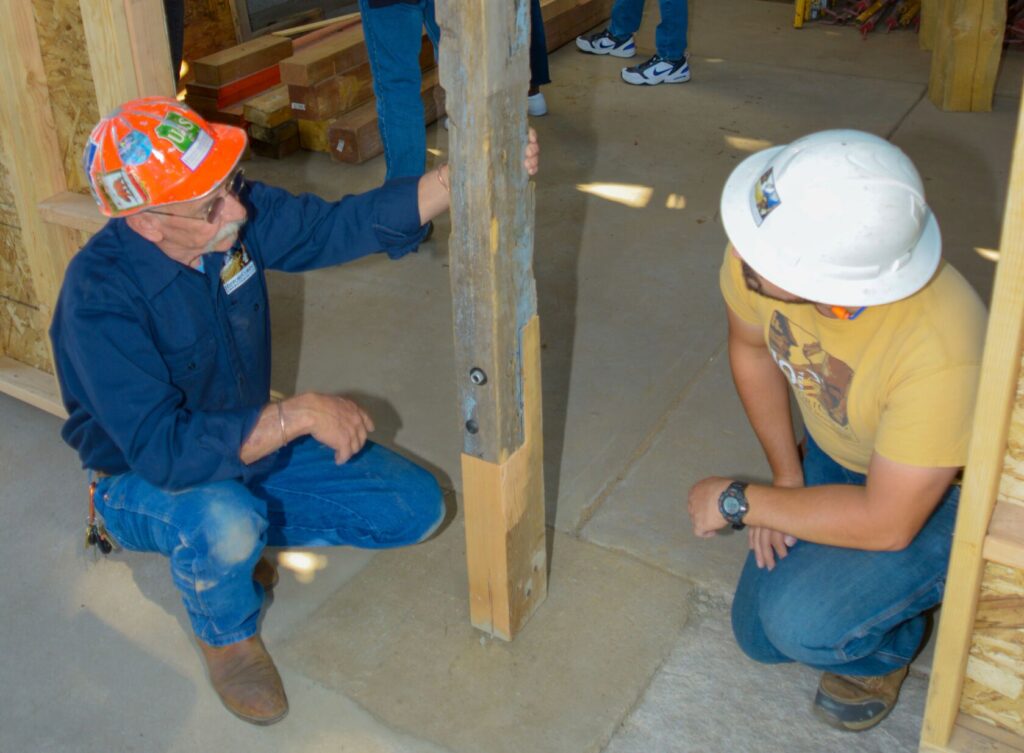Denver committee agrees to extend use of 140 hotel rooms for homeless population
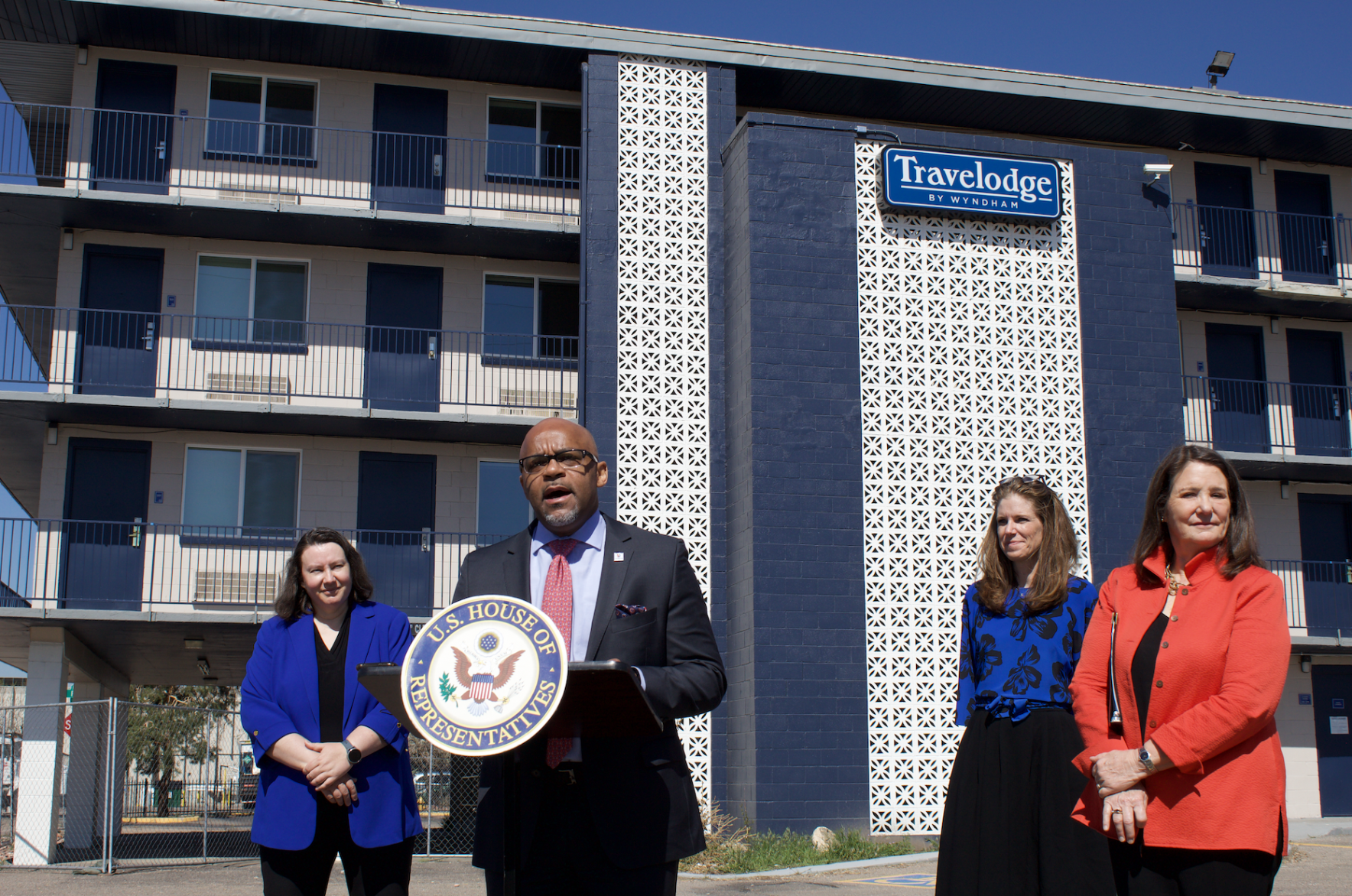
Denver’s Finance and Governance Committee on Tuesday moved a resolution extending the city’s use of 140 rooms at a downtown hotel for the high-risk homeless population to the full council for approval, as well as a food service agreement.
The city began providing food and shelter at the Aloft Hotel at the start of the COVID-19 pandemic, and with a recent upticks in cases, the city wants to continue providing this option to the most vulnerable should they contract the virus. Many staying at the Aloft are older and use wheelchairs or walkers, oxygen tanks or have severe health conditions.
“We have the immediate need to continue our non-congregate shelter and safe spacing for vulnerable and high risk individuals experiencing homelessness, and we’re currently doing that at the Aloft hotel as well as three other hotel sites,” Angie Nelson, deputy director of Denver’s Department of Housing Stability, said at the committee meeting.
Lisa Lumley, Denver’s director of real estate, said the resolution will extend the Emergency Occupancy Agreement with JBK Hotels LLC, which runs the Aloft, another six months through the end of 2022.
Denver houses nearly 600 people in 100 days
The agreement for the rooms will cost the city at most $13.3 million at the rate of $95 per day per room, and the agreement for food services will cost at most $3.3 million at the rate of $25 per day per room for three meals. The city is also responsible for cleaning rooms and providing security and has additional contracts with entities that provide these services.
The 140 rooms at the Aloft are designated for people who are at high risk of contracting a severe case of COVID. Housing them at the Aloft protects them from potentially contracting COVID at a congregate shelter or in unsheltered conditions. Nelson said 70 of the people who have stayed at the Aloft since the start of the program have since found permanent housing. Across all the city’s protective action hotel sites, 343 households have since found permanent housing.
“Ultimately we know that folks are best served from a platform of stable housing,” Nelson said. “And while temporary shelter stays in non-congregate shelter is not the same thing as housing, it has provided a platform by which folks can help obtain more stability and achieve their goals toward stable, secure housing.”
Nelson acknowledged concerns that the city has heard from neighbors around the hotel, and said the city has met monthly with the Upper Downtown Neighborhood Association as well as residents of a condo building close by. She said the site has 24/7 security and that city officials have already spoken about increased enforcement around the building.
At Monday night’s City Council meeting, a number of residents encouraged council members to not extend the city’s contract with the Aloft. One resident said hotel guests use drugs in a nearby alley.
Nelson said some people assume that anyone who uses drugs in the neighborhood is a guest at the Aloft, which she said isn’t always an accurate perception. She said the city has been working with Denver police to address concerns, and she encouraged residents who see illegal activity to report it so it can be properly recorded.
“We are working with our operating partner, The Salvation Army, to be observant and vigilant around guests that they may be observing going out and utilizing substances outside of the facility, coming back intoxicated, to work with those folks to access substance use treatment, or have the opportunity,” Nelson said.
Council member Robin Kniech said anyone who believed Denver didn’t have homelessness or drug use before the Aloft became a city resource must not have been living in Denver, because it’s a problem across the city.



